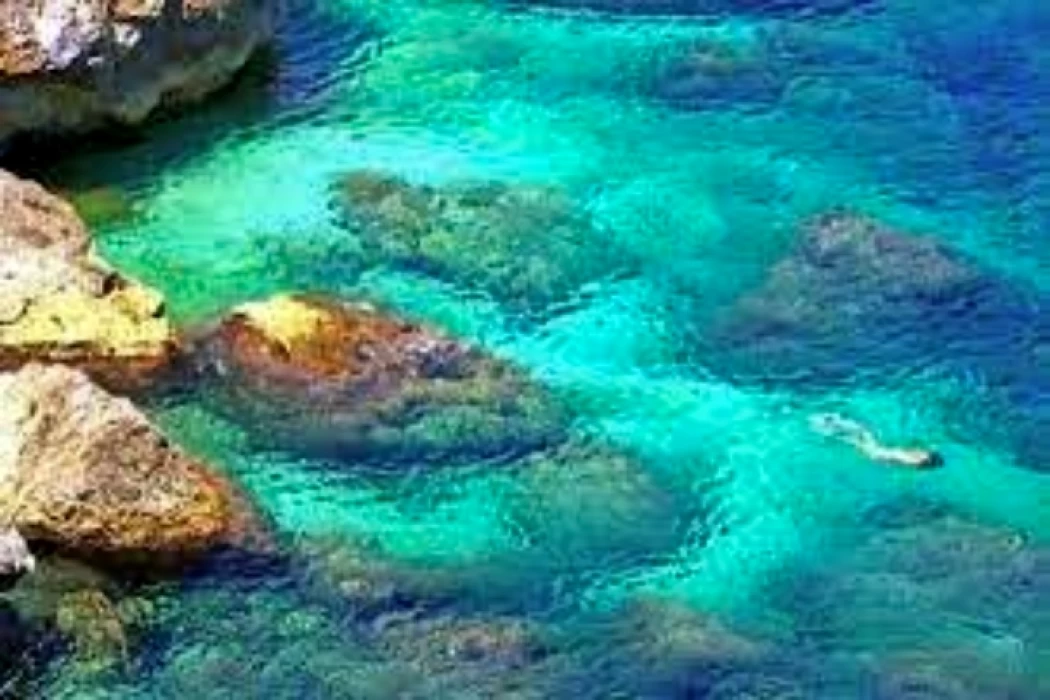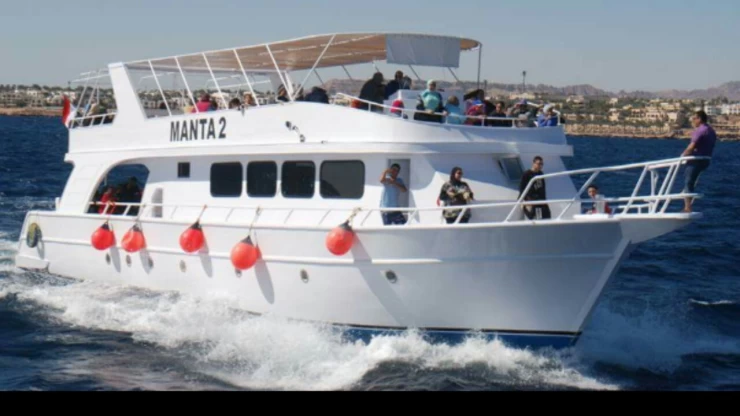
Facts about Abu Minkar Island
Abu Manqar Island is one of the important natural islands in the Red Sea, which is not only important because it is a charming sandy island, but also characterized by a unique ecological and Biological Diversity, making it one of the most prominent nature reserves in Egypt. Abu Manqar Island is located a very short distance from the beach of Hurghada in the Red Sea governorate, and is covered by the Blue Sea, which embraces coral reefs and rich marine life, making it a destination for researchers and scientists seeking to study unique ecosystems.
Abu Manqar island is also one of the most wonderful natural islands in the Red Sea, and it is considered a unique model in the management of environmental reserves and the protection of marine life, thanks to its coral reefs, its many marine species, its sandy beaches, and being an important stopping point for migratory birds. The island contains vital environmental resources that must be preserved to ensure its sustainability for future generations. Through cooperation between nature reserves, environmental organizations, and the local community, it is possible to ensure the continuity of Abu Manqar Island as a rich and diverse ecological station in the heart of the Red Sea. It is also one of the most important growing areas of mangrove forests.
Abu Manqar Island is located in the Red Sea, specifically opposite the beaches of the city of Hurghada, and its area is estimated at square kilometers. The island is characterized by its strategic location, as it is an important point for many marine species and migratory birds, making it one of the distinctive nature reserves in the region. Abu Manqar Island has a unique environmental diversity, especially regarding coral reefs and diverse marine species, and the waters surrounding the island contain rich coral reefs that form an incubating environment for many marine organisms.
Dr. Hussein Nasr, a coral reef specialist at the Institute of Marine Sciences in Hurghada, stressed that the coral reefs in the Abu Manqar Island area are one of the most important ecosystems in the Red Sea, as they support the life of many fish and marine organisms. Abu Manqar Island also contains rare species of Fish, and the island contributes to the protection of endangered species such as sea turtles and dolphins. Abu Manqar Island is also a vital nesting place for endangered sea turtles, such as green turtles and hawksbills, which find a safe environment to lay their eggs. Abu Manqar Island is an important stopping point for many migratory birds passing through the Red Sea, and is considered a major stop for land and sea birds.
Officials of the Red Sea reserves confirmed that the island of "Abu manqar" is among the islands located within the scope of the northern islands Reserve, and it is forbidden to hold any activities on its back, and it is allowed to conduct activities in the vicinity of its shores and not on land. The island is considered one of the most biologically diverse Sea islands, as it is a resting and breeding station for many types of migratory birds, such as the "punitive Eagle","sea gull", "Heron", "sea hook" and"ostrich Bird", and flocks of dolphins live around it continuously.
Abu Manqar Island plays a key role in protecting many endangered species, both marine, such as turtles, and coral reefs, which are considered essential habitats for marine life. Sea turtles, suffering from numerous threats, also find refuge on the island away from destructive human activities, which contributes to maintaining the ecological balance of the region.
Abu Manqar Island is part of the Red Sea nature reserves that seek to protect the biological diversity in the area, and the island is under the management of the Northern Islands Reserve. Strict laws are applied to prohibit overfishing and the use of illegal methods that threaten marine life. It also monitors the state of environmental balance to preserve the sustainability of marine life for future generations.
Despite the efforts made to preserve Abu Manqar Island, it faces many environmental challenges that threaten its sustainability. Marine pollution caused by human activities, such as plastic waste and oil, leads to the degradation of the ecosystem. The constant rise in temperatures leads to the phenomenon of coral bleaching, which threatens marine life. As for unregulated tourist activities, although ecotourism is one of the main sources of income, however, ill-considered tourist activities may lead to environmental destruction, whether through pollution or impact on coral reefs.
To protect Abu Manqar Island and preserve its natural environment, the Red Sea reserves are conducting several initiatives, such as environmental awareness programs aimed at increasing public awareness about the importance of protecting the Marine and terrestrial environment on the island. It also conducts environmental studies and research to monitor environmental systems and natural resources on the island, and monitors marine and tourist activities in the area to ensure their compliance with environmental measures.
















